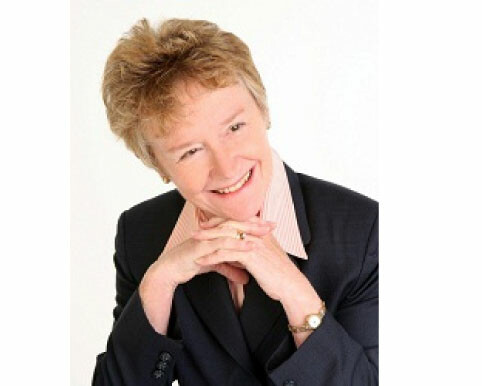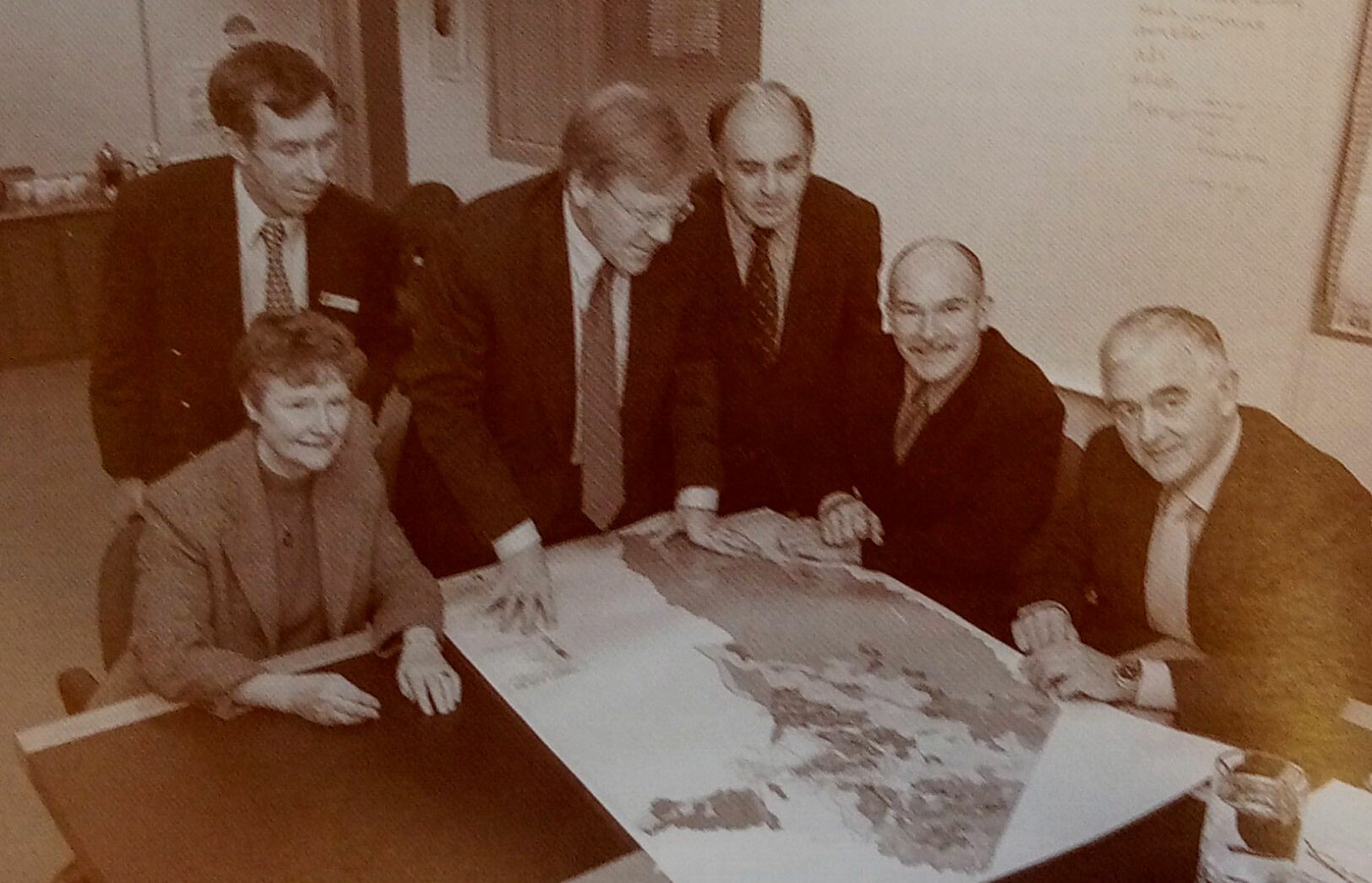Remembering the 2003 Canberra Bushfires
Reflections from Maureen Cane, former CEO of Communities at Work

On the 18th of January 2003, the sky over Canberra was black. A sense of panic gripped our city. The sun was darkened and the air was thick with ash. The police sirens and fire engines roared through suburbs. Summer’s blazing apocalypse had finally arrived.
After a week of burning in the Brindabella mountains to the west, bushfires entered Canberra’s suburbs and in the space of hours four people died, over 490 were injured, and almost 488 homes were destroyed along with 90 commercial, educational and rural buildings.
Maureen Cane was CEO of Communities at Work at the time. The organisation had only recently amalgamated Tuggeranong and Weston Creek Community Services. In ordinary times that would be significant. But these were not ordinary times. Weston Creek was burning, and Tuggeranong was next.
Communities at Work was not as large as it is today. Nevertheless, we were responsible for many vulnerable people – children, the elderly and disabled. Many of our staff and volunteers were also in grave danger.
Maureen only remembers a few things from that day. From her home at Fadden, she watched with binoculars as the fire front approached the surrounding hills. Suddenly, she noticed spot fires popping up everywhere. She knew she was in serious trouble.
Maureen watched the fire trucks race up the hill and put the spot fires out. Then her mobile phone rang. Jill Faulkner’s familiar voice was on the other end, but this was not the typical call from her Marketing Manager. “Can we open the Tuggeranong Community Centre? People have no place to go. And the firemen need a bathroom and showers.”
“Yes, yes, of course”, Maureen replied. The situation was grim. Her personal and professional worlds rapidly merged and melted in the unbearable heat of crisis. As an organisation, Communities at Work did admirably on that dreaded day, and in the weeks and months to follow, playing a prominent role in supporting and representing the local community.
The Bushfire Recovery Taskforce was one example. By an amazing coincidence, Maureen remembers being in Civic near the ACT Legislative Assembly when she got a phone call from the Chief Minister’s office. “John would like you on the Bushfire Taskforce”, they said. Maureen felt surprised and shocked. She had few details and countless questions. Nevertheless, she dutifully accepted. As she was already in Civic, they asked her to immediately attend an urgent meeting.
Except it wasn’t a meeting; it was a press conference! The Chief Minister, John Stanhope, was announcing the Taskforce to a large pack of news-hungry journalists. This was the only national story for the past 72 hours. The Taskforce’s newly appointed Chair was Sandy Hollway, a prominent Canberran widely known as a senior public servant and CEO of the Sydney Organising Committee for the Olympic Games. But Sandy was out of town, somewhere in New South Wales.
Only two members of the Taskforce were present at the press conference. Maureen was asked to contribute. She stepped up to the podium and remembers saying something positive, reassuring, and practical – something someone else told her earlier. She couldn’t even remember who, or what she actually said.
Maureen felt very fortunate and privileged to be on the Taskforce. It was a difficult but incredible, experience. The Chief Minister’s Taskforce consisted of six people; Sandy Hollway, Robert de Castella (a world champion marathon runner whose home had been destroyed in the fires), Terry Snow (Canberra Airport), Robert Tonkin (Chief Ministers Department), Alan Thompson (Department of Urban Services), and of course, Maureen Cane representing the local community.

There was also a 16 member Community and Expert Reference Group. They liaised with the community, offering local expertise and timely feedback. The Taskforce’s Chair provided the link between the two groups, supported by a sizable contingent of public servants.
The whole arrangement was an uncommon blend of bureaucracy, expertise, consultation, and speed. Necessity, as they say, is the mother of invention.
What did Maureen Cane learn through the entire experience?
- Bushfires must be taken seriously with preparations in place long before a crisis hits. Business continuity plans are equally important as adequate insurance policies.
- Listen to the advice of experts. A bushfire consumes everything, including normal ways of getting information. Power goes out. Phone lines go down. Mobile phones become unreliable. Radios can be your only source of information, but they must be battery-operated.
- You can’t be flippant about bushfires. Make no assumptions or grandiose expectations.
Maureen thought very carefully about how Communities at Work should respond to the fires. As a community organisation, what was its role? Certainly, nothing contrary to what the government and emergency authorities were doing. She didn’t want to stand in their way.
Maureen understood the best way we could help was to keep doing what we always did. We were responsible for vulnerable people so we kept those programs going as best as we could. Beyond that, all we could do was open as a hub for donations, but even that had its limitations.
People donated just about anything and everything. We had to be careful because Vinnies and the Salvos were better equipped to handle donations of food, furniture and clothing. We had to be practical and sensible. Stick to what we did best.
Maureen Cane remembers the Bushfire Recovery Taskforce as a wonderful privilege to help plan for Canberra’s future after the fires. There was an extraordinary level of community energy and cooperation that inspired the recovery task and lifted people’s spirits. For many, including Maureen, the National Arboretum was one of its greatest legacies. However, at the time it did not enjoy popular support. We’d just suffered a massive bushfire. Who wanted more trees?
Looking back now, we can all appreciate the old proverb, “a wise person plants trees under whose shade they will never sit.”
It goes without saying, the proverb is not limited to trees.
Commemorative Service – Public Event
The public are invited to a commemorative service at the Canberra Bushfire Memorial at Stromlo Forest Park, from 6.30pm – 8pm, on 18 January 2023. This will be livestreamed for those who can’t attend in person.
The memorial was unveiled in 2006 and is an important place for the community to continue to heal and recover.
